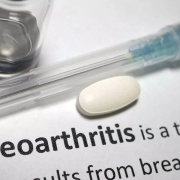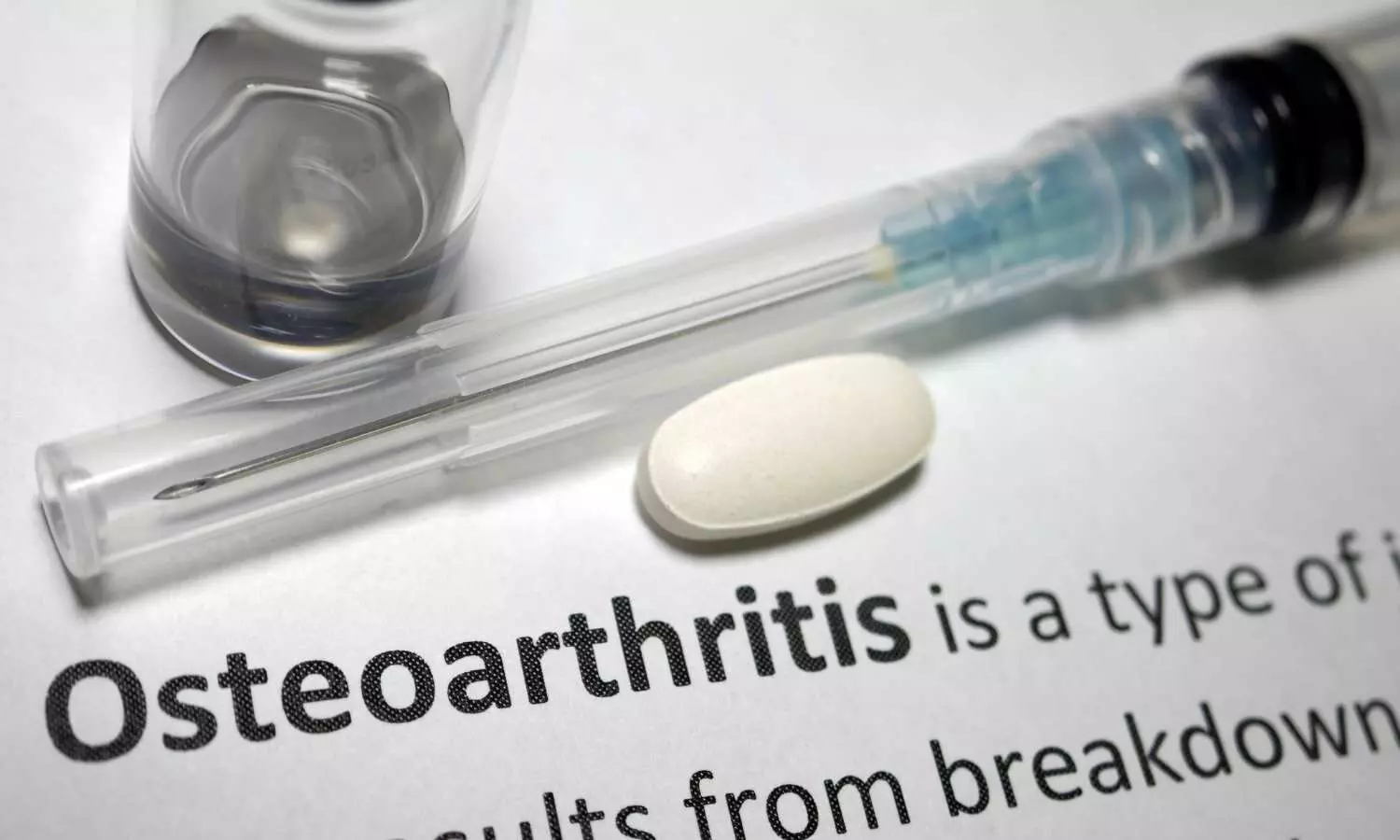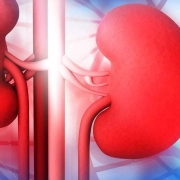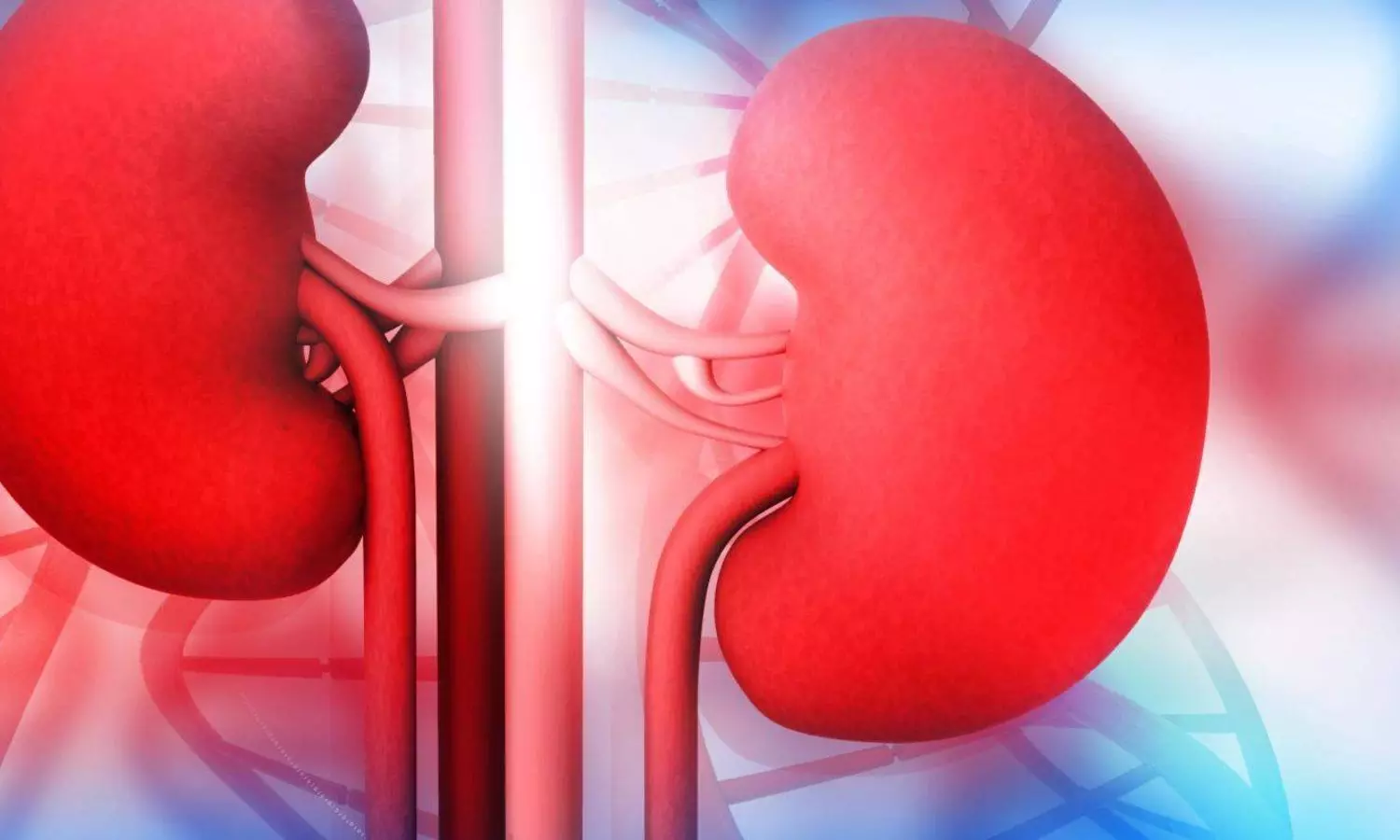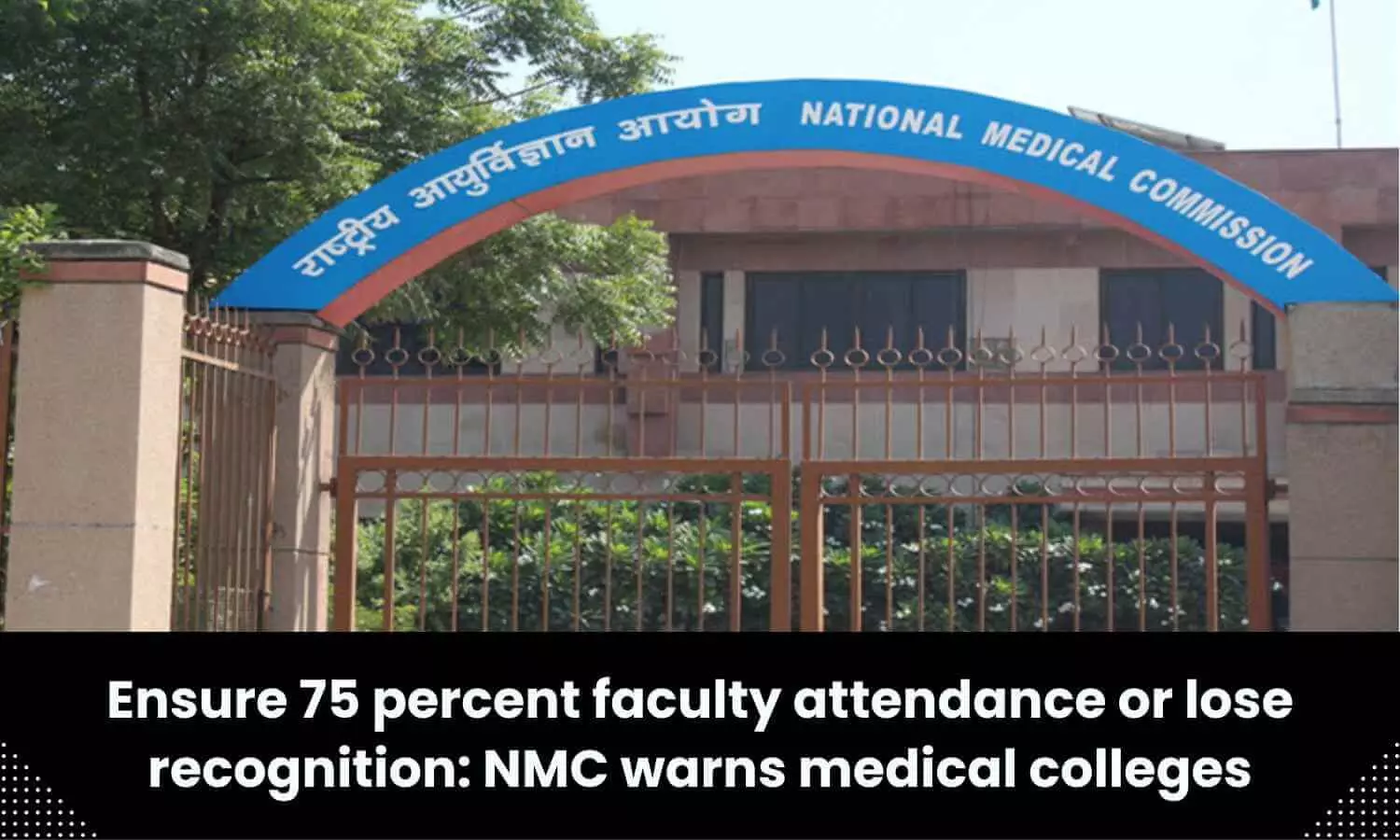Tirzepatide may reduce CVD Risk in Non-Diabetic Overweight Patients

The outcomes from the SURMOUNT-1 phase 3 trial found tirzepatide to effectively manage the long-term risk of atherosclerotic cardiovascular disease (ASCVD) among individuals with obesity or overweight but with no diabetes. The findings were published in the Journal of Diabetes, Obesity and Metabolism.
The study assessed the efficacy and safety of tirzepatide in adults with a body mass index (BMI) of ≥30 or ≥27 kg/m² and at least one weight-related complication, excluding diabetes. Participants were randomly assigned to receive tirzepatide at varying doses (5/10/15 mg) or a placebo. Over 72 weeks, cardiometabolic variables were scrutinized and 10-year ASCVD risk scores were calculated using the American College of Cardiology/American Heart Association risk engine.
The tirzepatide-treated groups exhibited reductions in cardiometabolic variables throughout the study duration. In the 2461 participants without a history of ASCVD, the baseline median risk score, ranging from 1.5% to 1.6%, showed no significant differences. The relative change in ASCVD risk from baseline to week 72 was remarkably greater for the tirzepatide cohort (-23.5% to -16.4%) compared to the placebo group (12.7%; P < 0.001). This trend was found true for participants with intermediate-to-high baseline risk by showing a significantly greater relative change (P < 0.05) and underlining the potential impact of tirzepatide in this subgroup.
Tirzepatide treatment significantly reduced the 10-year predicted risk of ASCVD in individuals with obesity or overweight but without diabetes. These findings deepen our understanding of the potential of tirzepatide and also helps in addressing cardiovascular risks in a population facing the challenges of excess weight.
Reference:
Hankosky, E. R., Wang, H., Neff, L. M., Kan, H., Wang, F., Ahmad, N. N., Griffin, R., Stefanski, A., & Garvey, W. T. (2023). Tirzepatide reduces the predicted risk of atherosclerotic cardiovascular disease and improves cardiometabolic risk factors in adults with obesity or overweight: SURMOUNT‐1 post hoc analysis. In Diabetes, Obesity and Metabolism (Vol. 26, Issue 1, pp. 319–328). Wiley. https://doi.org/10.1111/dom.15318
Powered by WPeMatico


